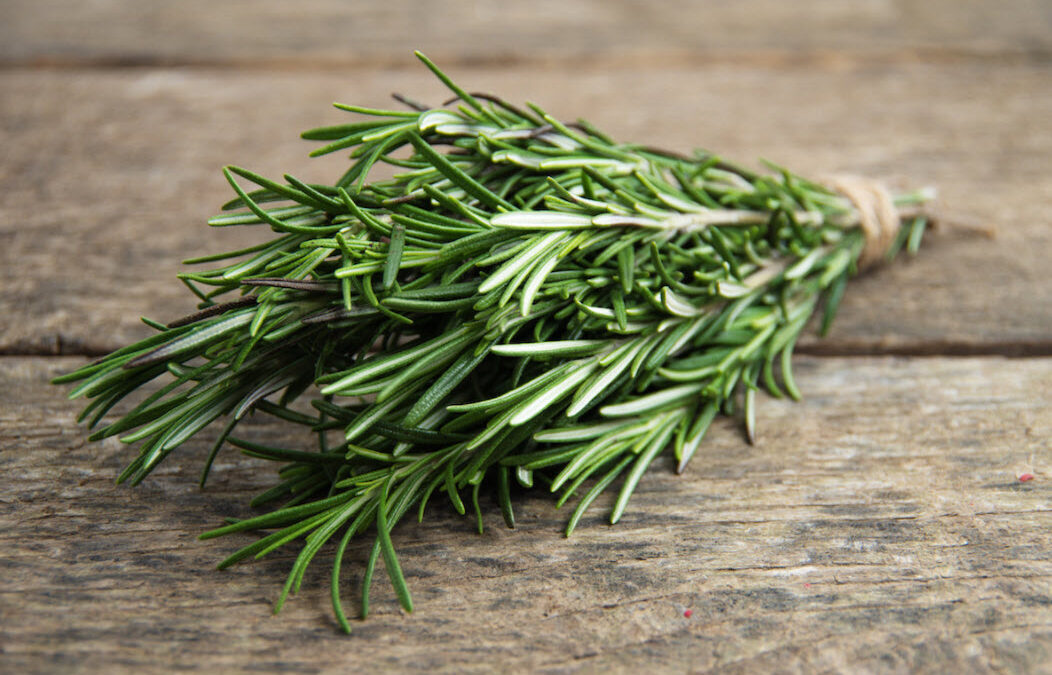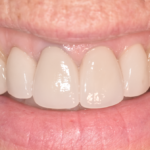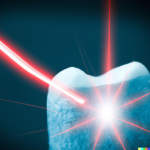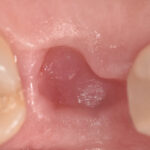The holiday season is a great time to explore the abundance and value provided by herbs. Herbal medicine has been the go to source for healing all ailments until very recently in human history. Aside from therapeutic and aromatic uses, herbs have culinary, decorative, cosmetic and practical household uses as well.
Rosemary: Background

Rosemary is one of the most widely used aromatic herbs and is associated with the holidays. It is often used in stuffings or to perk up a turkey, and rosemary potatoes are a favorite. Soaked in bottles of olive oil or used to season rack of lamb, the flavor is associated with Mediterranean cuisine. Its botanical name ‘rosemary’ is Latin for ‘sea’-’dew’; it grows best by the water, where it was originally found in the Mediterranean region of France, Spain and Portugal.
Today California is one of the leading producers of rosemary. Locally it’s popular as a ground cover or hedge and is often found trailing along retaining walls. Placing fresh boughs of rosemary in a room is said to cool the air. In summer, the woody stems make aromatic barbecue skewers. A simple insect repellent for the garden can be made by boiling and straining the dried leaves.
Historical Uses
An essential property of Rosemary is its ability to boost circulation. This accounts for several of its traditional uses. In ancient Greece, students would tie sprigs around their heads to improve memory. “There’s rosemary, that’s for remembrance” is a famous line from Shakespeare’s Hamlet, written centuries later. Besides increasing circulation to the brain, it also can increase blood flow to the scalp, so it is frequently added to shampoos and hair oils. It has also been used as a botanical spray to soften the coats of horses.
Rosemary is part of the famous ‘Thieves’ blend. Folklore tells us that when the Plague was ravaging France during the Middle Ages, some perfumers created a formula that enabled them to rob graves without becoming ill. Recent studies show that rosemary bolsters the immune, and respiratory as well as circulatory systems, indicating that there may be a factual foundation to the tales. A cosmetic application that comes down to us from around that time, Queen of Hungary water, is an anti-aging, beautifying blend containing rosemary which is still used today. Rosemary is also said to be an effective water purifier.
A natural pick-me-up, it acts on the central nervous system and has often been used for headaches and migraines. The visionary composer, writer and herbalist St. Hildegard von Bingen (1098-1179) included it in her compilation of early German medicines. She is thought to have suffered from migraines. Because rosemary also enhances cerebral blood flow, there may be no better drug available in preventing Alzheimer’s. As of March 2021, an estimated 6 million Americans suffer from Dementia and Alzheimer’s. Alzheimer’s has been called ‘Type 4 Diabetes’, so rosemary’s ability to lower blood sugar may also be part of its effectiveness.
Because it is antibacterial and antimicrobial, a drop or two added to water and swished in the mouth can help with bad breath and generally tonify the oral microbiome. It is also analgesic (for pain relief), anti-inflammatory, antiseptic, astringent and antioxidant. Because it is diuretic it benefits the kidneys. Because it aids in fat digestion it benefits the liver. Said to be high in vitamins A, C and calcium, it is also said to contain iron, phosphorus, sodium, potassium and zinc.
Therapeutic Uses
Rosemary is generally regarded as safe for human consumption by the FDA. It can be used as a tincture, tea, rinse, salve, oil or in capsule or pill form. It has been successfully in the following conditions:
- Asthma
- Bad breath
- Baldness
- Blood purifier
- Colic
- Diabetes
- Digestion
- Fevers
- Headaches
- Heart tonic
- Menstrual problems
- Muscle and joint pain
- Muscles spasms
- Nausea
- Nerve pain
- Stomach disorders
7 Ways to Use Rosemary Essential Oil
In a diffuser or in other uses involving fragrance, its scent is invigorating. It may be applied topically to reflex points or trigger points without a carrier oil
- Put a few drops in a diffuser for a stimulating fragrance
- Use with a carrier oil for self massage. Many essential oils are too concentrated to use directly on the skin without dilution. Coconut oil is a popular carrier oil and there are other well known ones like jojoba oil, almond oil and rose hip oil. Rub it on your feet to boost circulation and protect from radiation
- For a DIY mouthwash, add 1or 2 drops to water to kill microbes. This can help with bad breath and with plaque buildup. Dilute enough to avoid sensitivity.
- Use with a carrier oil for scalp massage to promote healthy hair
- A drop or two rubbed on the temples can help with a headache *One-two drops in water can calm digestive issues like nausea or flatulence.
- A blend of 8 drops of rosemary, 8 drops of fennel and 8 drops of oregano oil using hazelnut oil as a carrier oil is good for massaging cellulite
Disclaimer: This herbal health article is not intended to prescribe or diagnose in any
way. It is not meant to be a substitute for professional help. The intent is to offer
historical uses of herbs. Those who are sick should consult their doctor.
Victoria O’Rielly, ACN is Office Manager at Integrative Dentistry in Encinitas.











